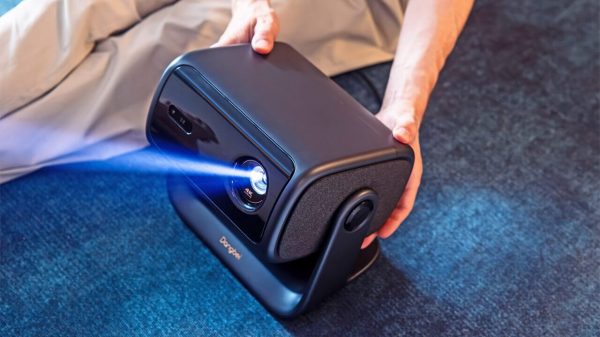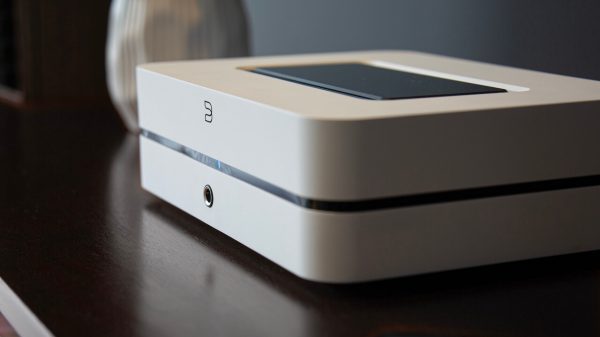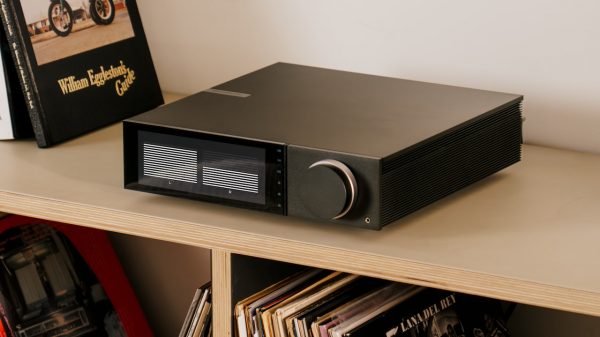We’ve all probably experienced the unpleasant task of working on a computer that seems to drag, causing what feels like an infinite amount of time before finally producing a requested function. Often time we just chalk it up to the computer’s processor and how quickly it was designed to produce results. While this may hold some weight the real cause is usually much more ominous.
The varying degrees of speed in which a computer is able to carry out functions may be determined by the type or age of a processor but what usually defines a computer’s speed is how well the hard drive has been protected. Because hard drives are susceptible to a host of potential assaults that will affect its speed it is vitally important to take the proper measures to safeguard against those attacks.
One of the most crippling attacks comes in the form of a computer disease known as fragmentation. This disease will not only slow a computer’s performance but will ultimately lead it to a crash, which will result in the loss of all the files and applications that have been stored on the computer.
Fragmentation is born directly from the hard drive meaning it doesn’t manifest from a virus that has made its way onto the computer. Instead it is the very nature in which the hard drive was designed that is to blame. That design values space above all else and because of that the hard drive throws reason to the wind and stores files in a contiguous manner.
What this means is that each time a file is saved it is stored directly behind the last file saved and so on. While that may seem like it keeps space free on the hard drive in reality it causes a whole lot of problems. This is because as files are saved one after the next there is no longer space to make changes to a saved file. A hard drive does not make room for these modifications; instead it takes the added information and stores it in the next available space. Now you have a fragmented file.
Over time these fragmented files become more abundant and essentially choke the speed out of the hard drive. The speed of the computer is slowed because each time a fragmented file is requested the hard drive is forced to search for all the pieces that make up that file. When you take into account that a single file could be fragmented into thousands of pieces it becomes easy to understand the resulting slowdown in computer performance.
There are several signs that a computer owner can look for that will indicate if their hard drive is being overrun by fragmented files. Chief among these signs is the response time in which it takes your hard drive to complete a task. A heavily fragmented hard drive will cause lengthy delays in boot up time, application and file load time, sluggish Internet browsing and difficulty in accessing and sending email.
If you are on a computer or own a computer that operates with these problems then it is very important that you take the proper steps to prevent a crash.
Those steps are really just a simple step and that is the installation of defragmentation software. Once defrag is installed on the hard drive the software will scan the computer for fragmented files and join the pieces that belong together. Those pieces will be saved as a single file and stored on the hard drive. This simple process dramatically improves the speed of the computer because the hard drive is no longer searching for pieces but rather a single unit.
The great benefit of defrag software is that it continues to work once it is installed, meaning it will continuously scan the hard drive and prevent the reoccurrence of fragmentation. This will not only ensure the speed of the computer’s performance but will also add years to the computer’s life.
For any computer owner that values what they have saved on their hard drive there really is no more important piece of software that Defrag. To keep your computer protected just stop by your local computer retailer and pick up this software and once its on you’ll find that you can actually spend time completing tasks rather than being at the mercy of a sow computer.























